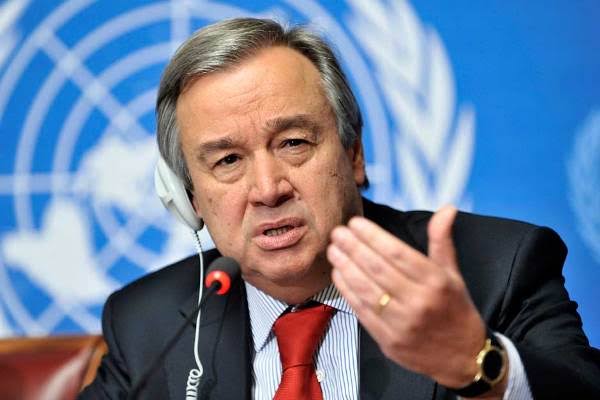During the Africa Dialogue Series’ High-level Policy Dialogue titled “Market and Scale: Unlocking Industrialization through Intra-Africa Trade,” UN Secretary-General António Guterres highlighted the urgent need for financing and investment in Africa.
Speaking about the continent’s multiple crises, Secretary-General Guterres emphasized that Africa’s potential is hindered by historic and economic barriers.
The COVID-19 pandemic caused African countries to lose the robust growth they had experienced before the crisis.
High food and energy prices, worsened by the Russian invasion of Ukraine, have strained national and household budgets, exacerbating poverty, inequalities, and food insecurity. Additionally, rising interest rates are increasing the risk of debt distress.
Climate change further compounds the challenges, leading to deadly floods, droughts, and increased food insecurity, with the most vulnerable populations suffering the most severe consequences.
To overcome these obstacles, Secretary-General Guterres emphasized the importance of trade and industrialization, aligning with the 2030 Agenda for Sustainable Development and the African Union’s Agenda 2063.
He highlighted the potential of the African Continental Free Trade Area, which, if fully implemented, could generate income gains of up to 9% by 2035.
This would lift 50 million people out of extreme poverty and reduce income inequalities.
Secretary-General Guterres pointed out that Africa currently spends more on debt service costs than on healthcare, underscoring the need for a fundamental reform of the global financial system to provide fair representation for Africa.
Guterres highlighted Africa’s potential as a leader in renewable energies and called for increased investment in clean energy to create jobs and ensure affordable and clean energy access for all.
Lastly, investing in human capital is essential, with a focus on creating decent jobs, promoting education and training, and facilitating lifelong learning.
Africa’s young and innovative population represents a dynamic workforce and a significant market, key to the continent’s digital revolution and sustainable growth.
The Secretary-General reaffirmed the United Nations’ commitment to strengthening its partnership with Africa and supporting efforts to achieve the 2030 Agenda and Agenda 2063.
By working together, Africa can realize its potential, becoming a driving force in global business and contributing to peace and conflict prevention.
The dialogue concluded with a shared commitment to building a prosperous Africa that fulfills the aspirations of its people and meets the world’s needs.










